Enquiries
0415 725 920
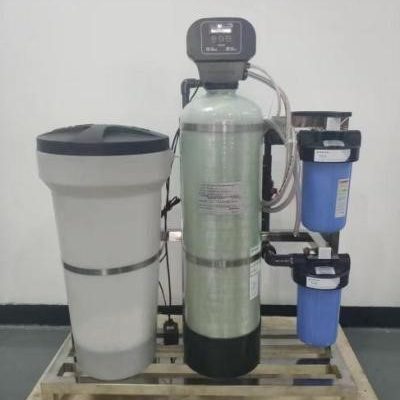
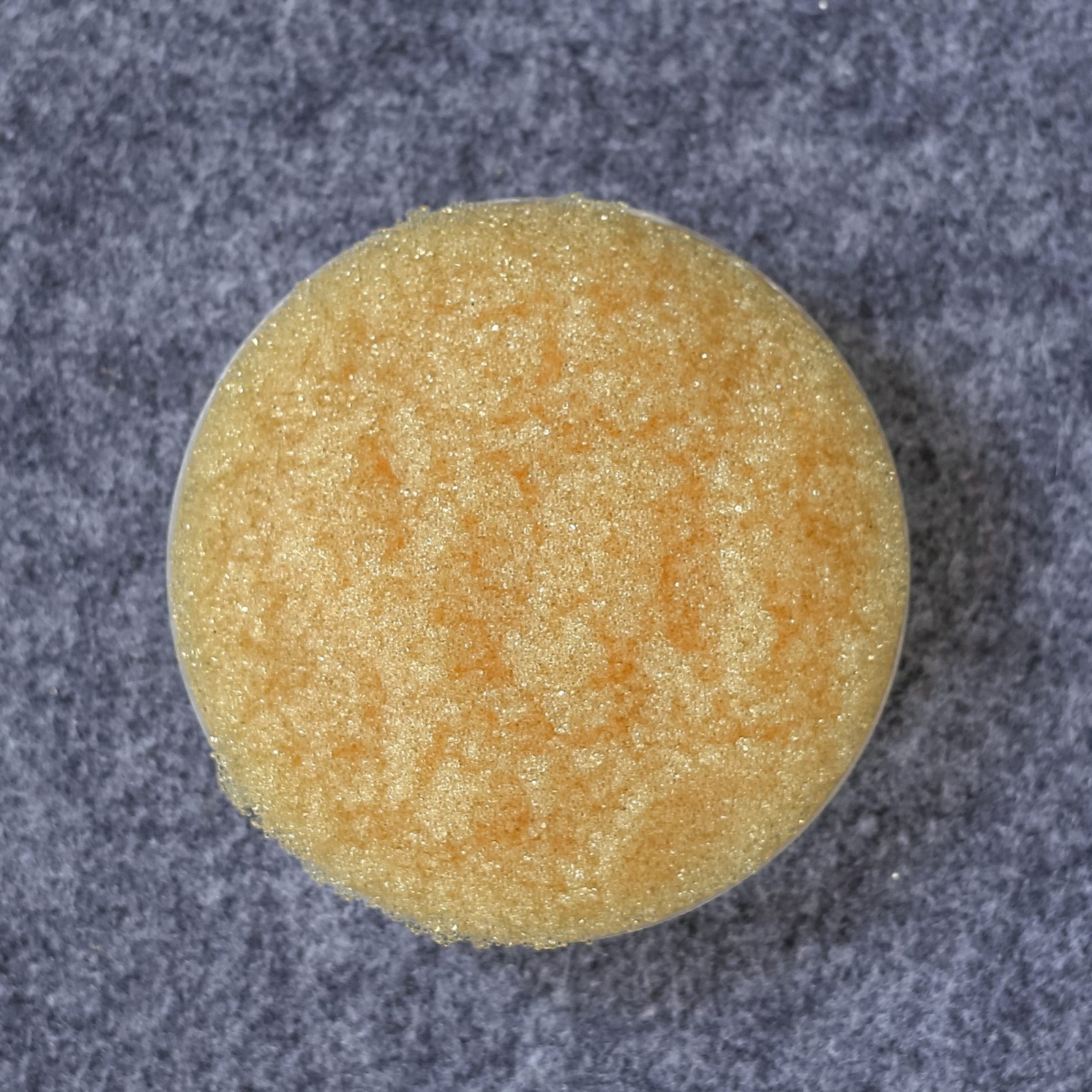

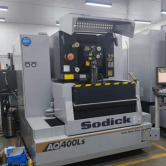

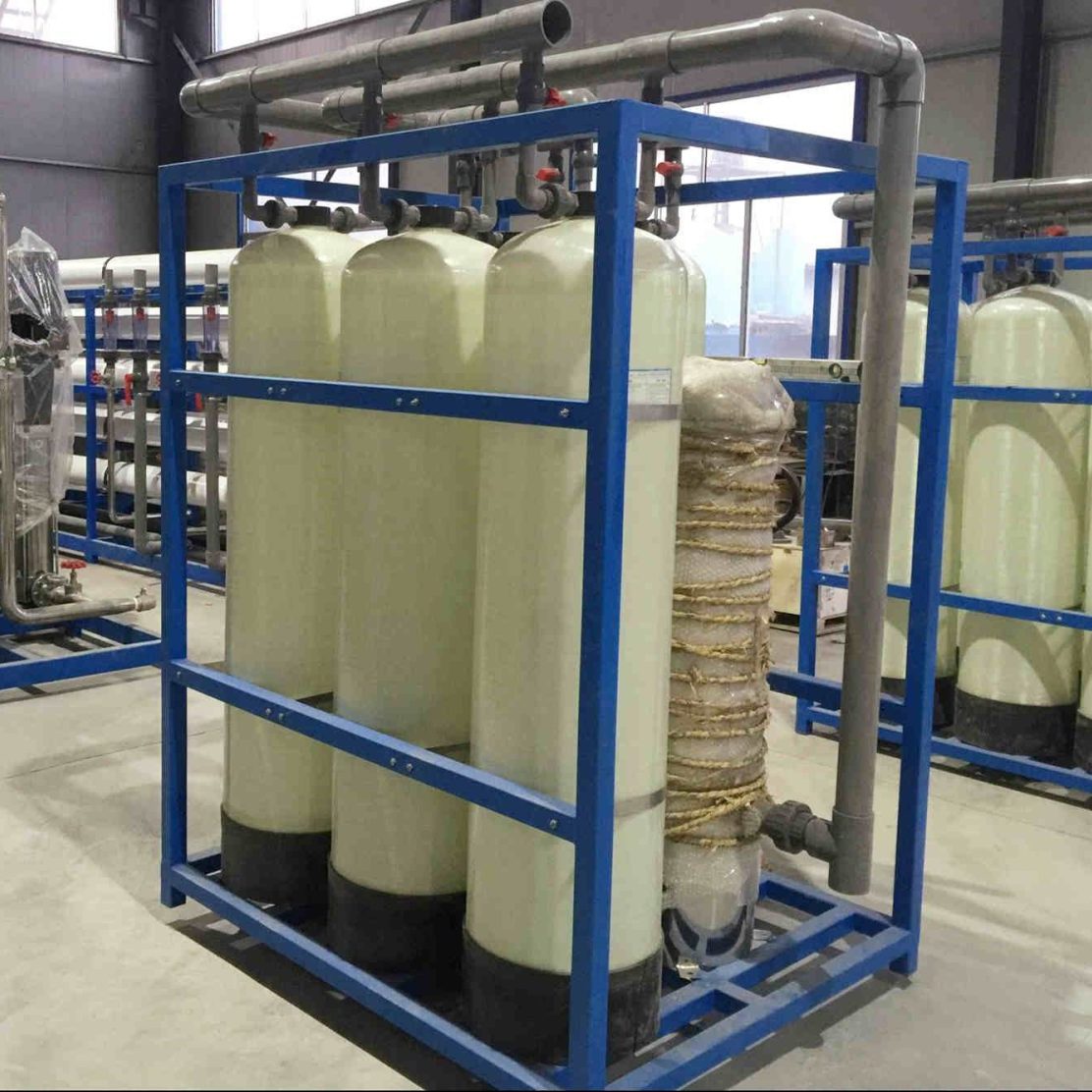

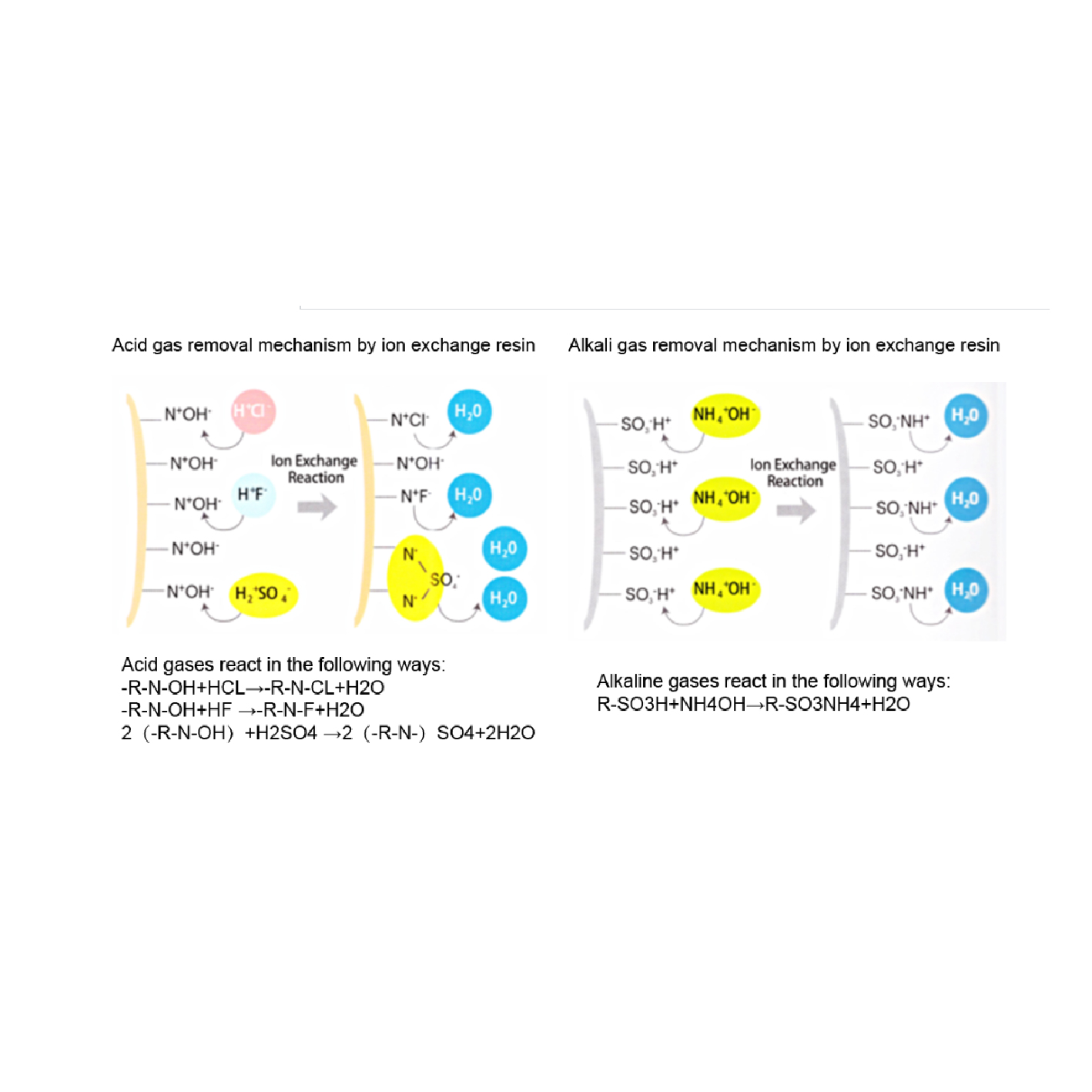
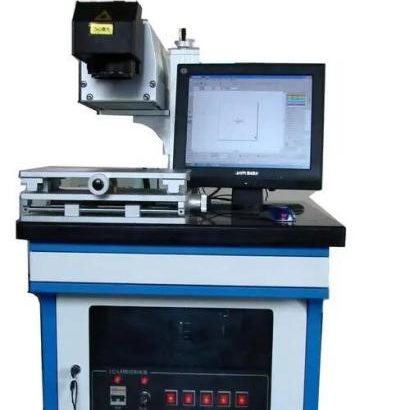
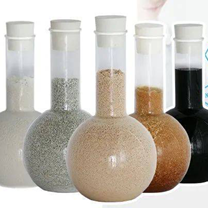
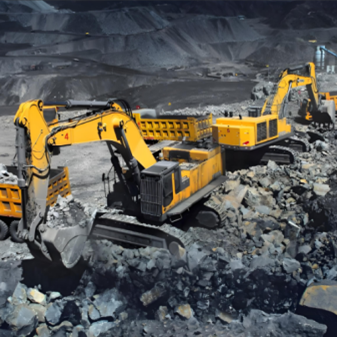
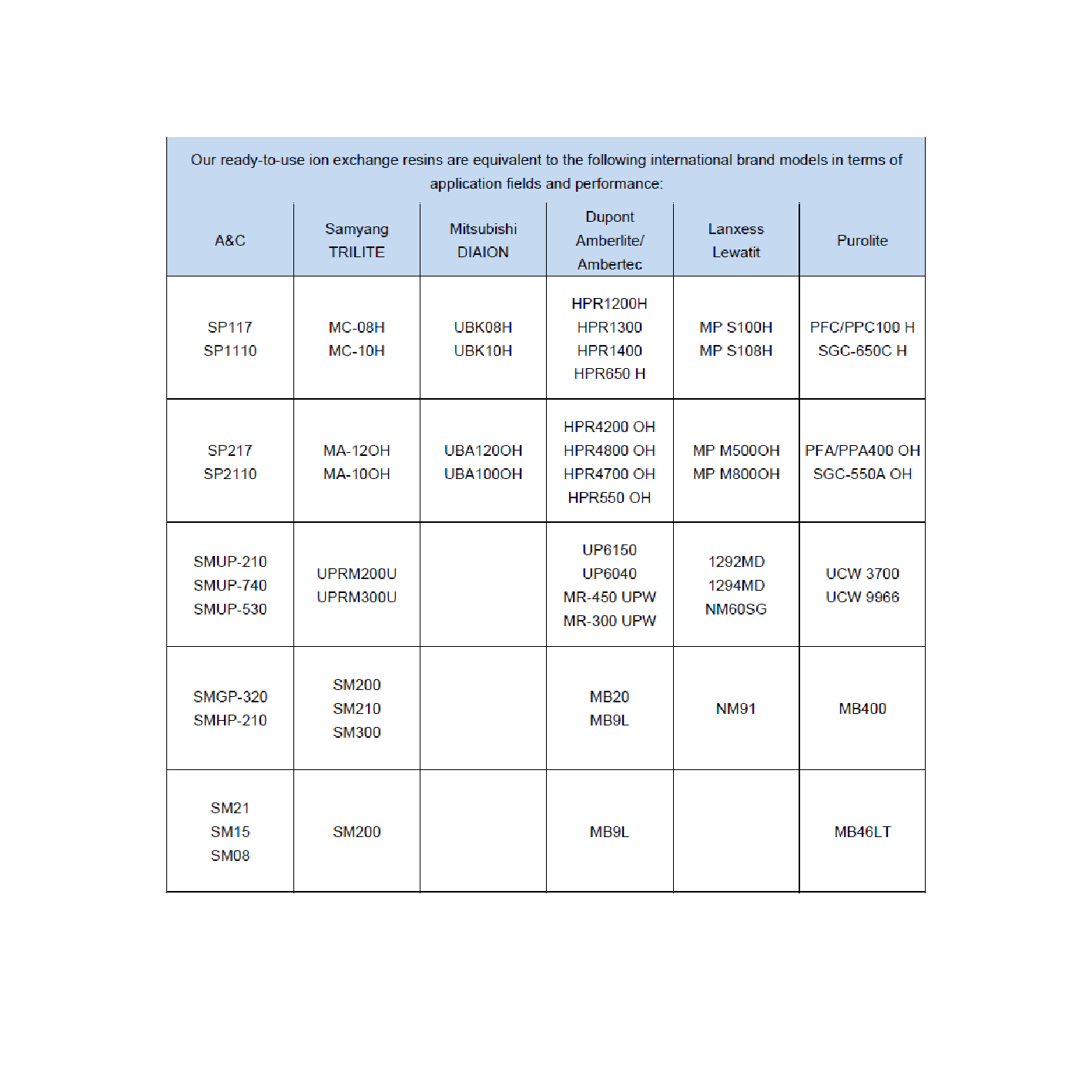
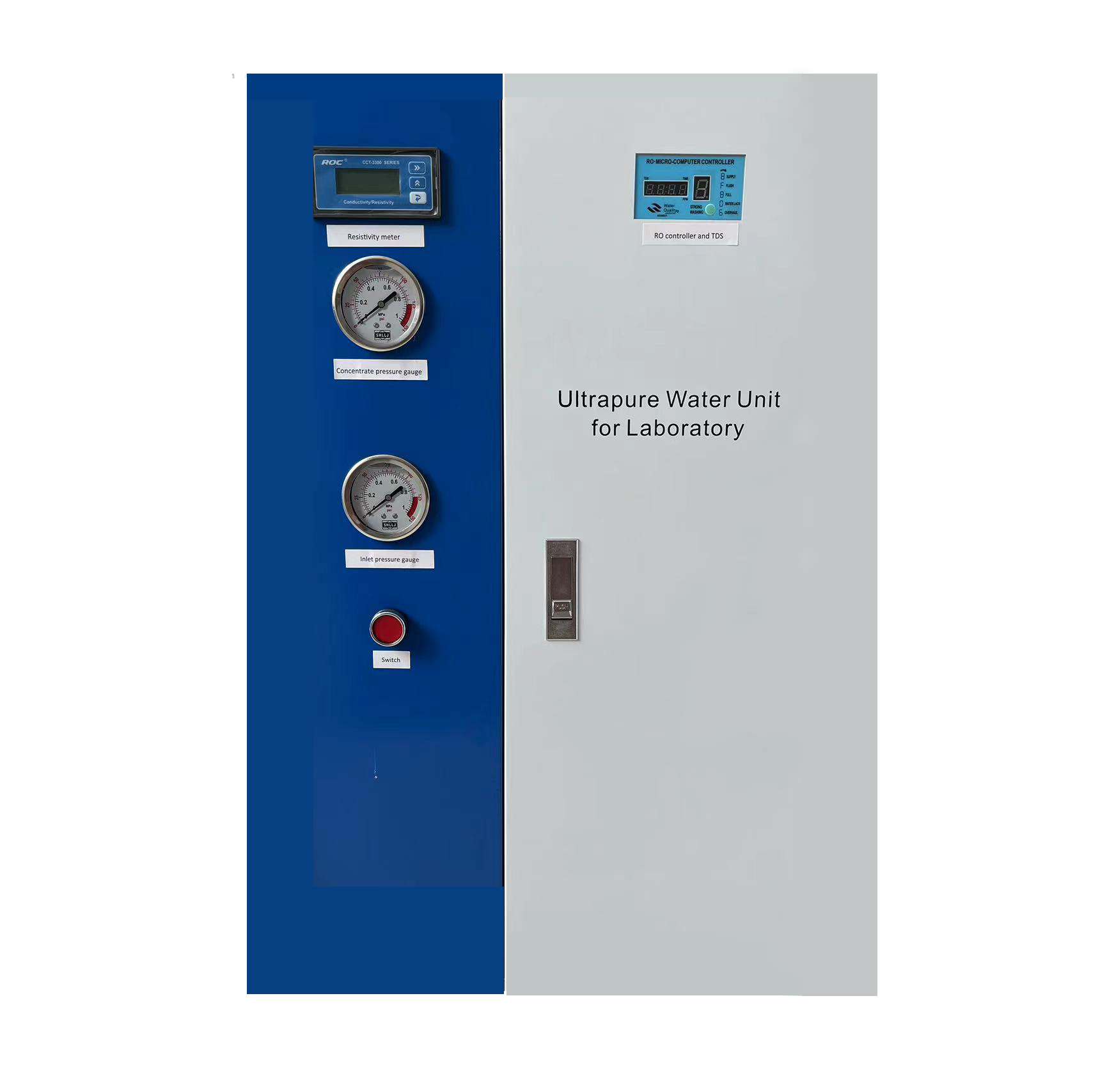

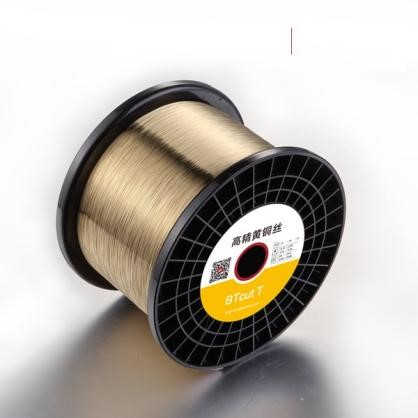















Inspired by high-tech innovation, with the support of prestigious international research institutions
Leverages advanced technology and accommodates wholesale production
International certification ISO9000 and a reliable quality management system
Affirmed value of service, Our ion exchange resin wholesale prices beat the price with quality
A no-fuss experience for customers, we are always here to help supply ion exchange resin Australia-wide
Provide qualified products to many countries across the world
About usAs an ion exchange resin distributor, we are seeking strategic partners in different regions around the world.
Contact us today to establish a long-term business partnership!
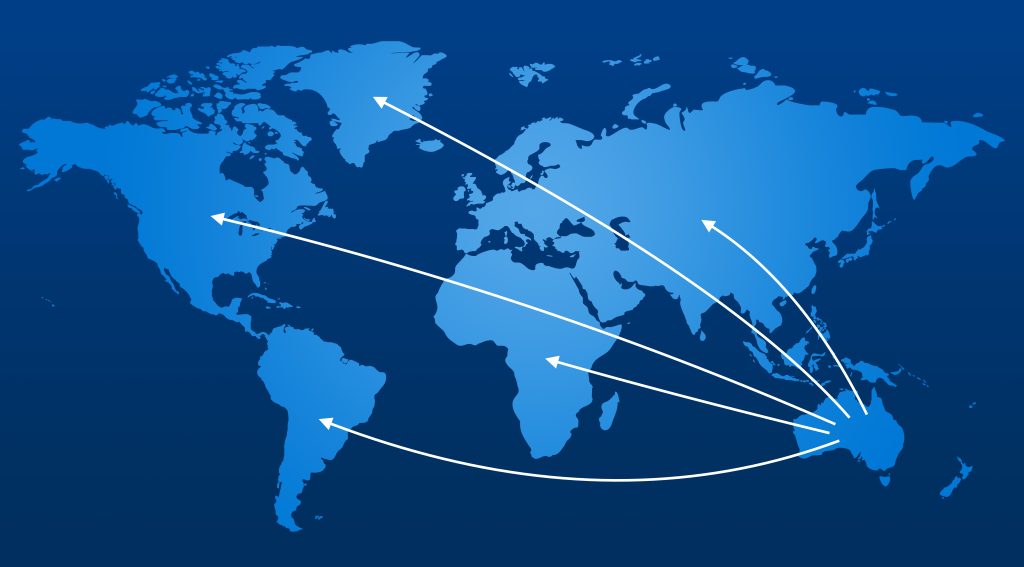
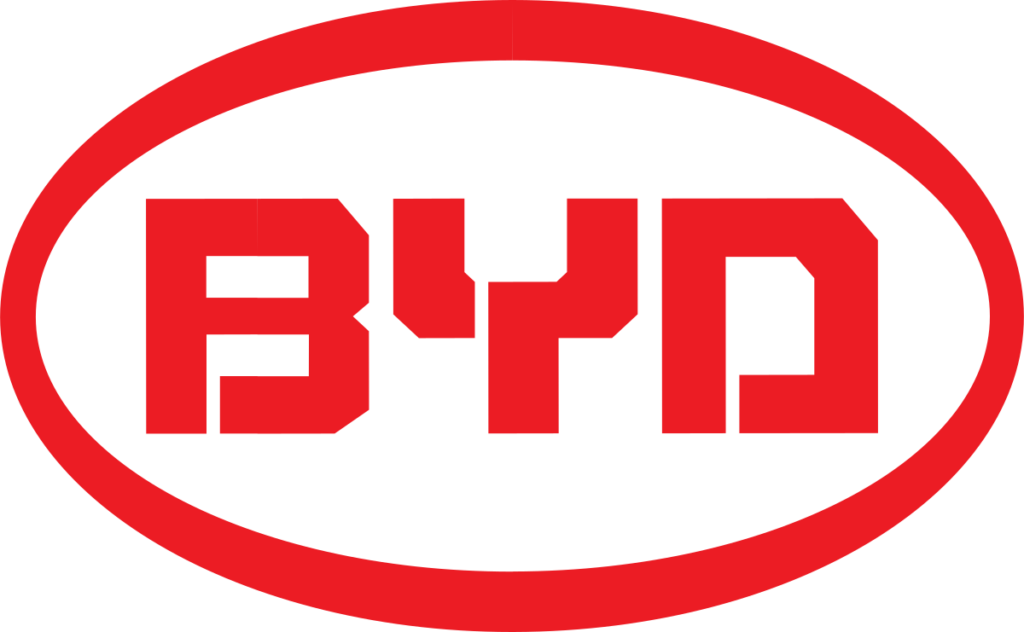


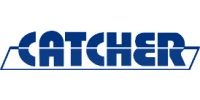
The ion exchange process is commonly used throughout numerous industries. An example of ion exchange application is water softening, which effectively reduces the amount of magnesium and calcium content in the water. Ion exchange resins can also be used for the removal of toxic metals from water.
The main industrial applications of ion exchange resins include:
There are many advantages and disadvantages of using ion exchange process in industrial applications. Understanding what these pros/cons are should help you identify if this technique is right for you.
Advantages of Ion Exchange
The primary advantages of the ion exchange process include:
Disadvantages of Ion Exchange
Despite the many benefits of using ion exchange resins in the appropriate separation processes, challenging issues can arise, which include:
As a general rule, you can expect an ion exchange resin to last about 10 to 15 years in water treatment. Over time, thermal degradation alters the resin’s molecular structure such that it is no longer able to bind with the functional groups of ions, resulting in compromised operational performance and shorter product life.
Generally, used ion exchange resins are dumped in landfill in the exhausted form, typically in the Na, K, Ca or Mg form for the cation resin, and Cl, CO3 or SO4 for the anion. The resin in this state is non-hazardous and can be safely disposed of in general waste.
The disposal of resins where the resins have been used for non-traditional water purification uses, and may be contaminated with heavy metals or radioactive anions or cations, then the nature of the contaminant determines the safe disposal method :-
Acid or alkali – treat with alkali or acid to render the resin into the exhausted form, while generating a neutral elutant. Dispose of the exhausted resin in the normal way.
Heavy metals – concentrate the heavy metals through regeneration, then treat the resin as for acid or alkali. The concentrated heavy metals will be subject to specific regulations.
Radioactive contamination – check with the federal regulations, but these would be stored in an approved facility until the radiation flux meets the regulated maximum, then they may be disposed of according to the appropriate regulations.
© 2024 Copyright By A&C PURE WATER TREATMENT Pty Ltd. Website Edited by Adver Marketing